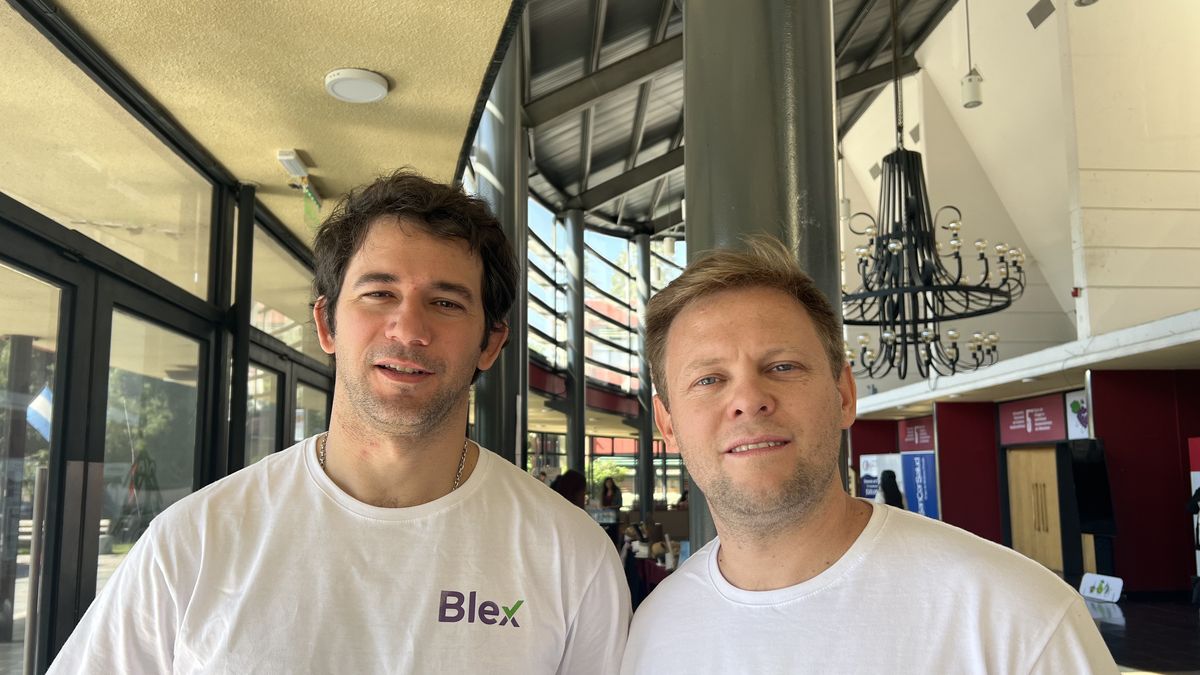Trade between Argentina and Brazil usually has a surplus balance that historically favored the neighboring country. However, the flow of tourism from one country to the other usually goes through periods of greater volatility. Brazilian travelers who until the first half of this year took over the main Argentine tourist destinations They have almost disappeared.
and the trend was invested: now it is the Argentines who are preparing the tourist invasion of the beaches of Brazil during next summer, favored by the exchange rate delay in Argentina and the devaluation of the Real in Brazil.
This week the dollar in Brazil surpassed the barrier of 6 reais per unit and this makes the costs of going on vacation to that country even lower. The negative side of this devaluation of the Brazilian currency is that it threatens to aggravate the outflow of foreign currency for tourism and widen the bilateral trade deficit.
In this framework, there are also financial proposals that surf the wave depending on the season. A little less than two months ago, when Brazilians were still arriving en masse in the country, the Argentine fintech Polynomium presented MegaPix, a technological platform that allowed Argentine merchants to collect in reals to Brazilians who visit our country and receive payment in digital dollars.
This system of cross-border payments It is integrated with PIX technology for immediate transfers, supported by the Central Bank of Brazil.
Now, based on the same technology, two Argentine entrepreneurs launched Blex, a virtual wallet that allows Argentine tourists traveling to Brazil can make payments in local currency to businesses through the application in a quick and easy way.
All Brazilian businesses, including beach street vendors, accept the payment that Blex offers through the Pix network, without the need for the business or seller to download any application. The payment is made as if the Argentine were a Brazilian rather than pay via QR code as if you had an open wallet in that country.
In Brazil, one of the largest markets in Latin America, the use of the Pix payment system was extended, which has 90% acceptance in businesses and processes more than 200 million QR payments per day in that country.
In Argentina, the growth of QR transactions has been notable. During 2023, there was a 120% year-on-year increase in the use of this technology in businesses, consolidating it as the preferred payment method for consumers.
Argentine fintech competition to capture the Brazilian market
“Traveling to Brazil is now easier and cheaper for the Argentines. You just have to download the app from the Play Store or App Store, create your account in a minute, deposit money from your bank or virtual wallet and buy digital dollars. With these simple steps, you can now pay any Brazilian during your trip,” explained Carlos Balestra, co-founder of Blex.
According to the entrepreneur, among the main advantages offered by his wallet is that no time is wasted in an exchange house, since you only have to have the application on your cell phone, load an account with pesos from a bank and you can pay in any business in Brazil with Reales through the Pix system.
Furthermore, this operation involves get a competitive exchange ratecloser to the official, at the time of paying, in addition to international flexibility since you can pay to any Brazilian bank or wallet ensuring instant transactions between Argentina and Brazil.
Blex also allows you to make payments no commissions or maintenance costswhich eliminates the barriers implied by the values applied in traditional methods. And the payment accreditation is instantaneous to the merchant.
“Our plan is to consolidate Blex as the preferred payment option for Argentine tourists in Brazil, and continue expanding in Latin America,” explains Agustín Gándara, co-founder of Blex.
The wallet was founded a year ago by Argentine entrepreneurs Carlos Balestra and Agustín Gándara. Balestra has more than 20 years of experience and has worked in Latin America and Europe in various industries, such as auto parts, nautical, consulting, BTL marketing, outsourcing and trade.
For his part, Agustín Gándara has experience in the corporate world and in technology startups. He worked at Citibank, Toyota, and unicorns like Glovo and Rappi. In addition, he was part of the growth of the fintech dLocal, where he deepened his knowledge in financial technology.
In a similar vein to that of Blex, the platform was also launched this month Depaywhich allows digital wallet users to make payments at businesses in multiple countries with a simple QR code scan. At this stage connect payment networks in Argentina, Brazil, Colombia and Peru.
Joaquin Fagalde, CEO of Depay, said: “From Argentina we managed to develop a technology that provides security, comfort and, above all, inclusive access to digital payments throughout Latin America. We believe that this is one of the main ways to generate a positive impact on the regional economy.”
Source: Ambito




